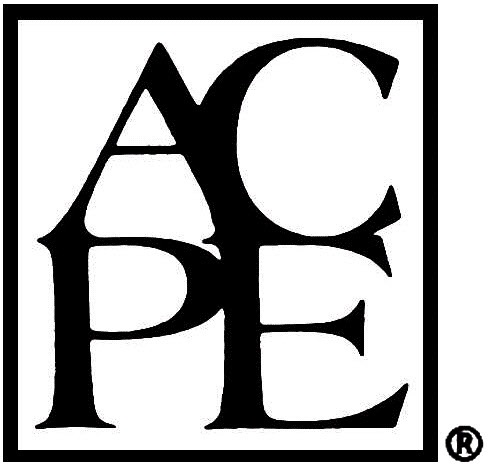SPD1 - Medicines procurement – don't forget patients' needs!Link to EAHP StatementsSection 2 - Selection, Procurement and Distribution: Statements - 2.1, 2.4
ACPE UAN: 0475-0000-23-003-L04-P - A knowledge-based activity Abstract The immediate concern of any hospital pharmacist is to ensure that every patient within the hospital receives the medications they need. For this reason, hospital pharmacists have a direct stake in the efficient functioning of the medicines supply chain. Pharmaceutical tendering is a complex process that involves different stakeholders and steps that are regulated at national level leading to diverse solutions in the different European countries.
Differently from medical devices, usually public tenders for medicines relies mainly on drug price and not on quality characteristics of the product, or on any supplemental service offered by the applicants. Some examples could be a more practical packaging, ease of mode of conservation, written patient information, patient time spend on hospital, etc. With the advent of telemedicine, the offer could take into account additional services, i.e. home delivery, home administration, etc.
In all this process the voice of the patient is fundamental, but barely taken into account. An approach to consider patients values and preferences could be through direct involvement of patients in development of guidelines and evaluation of new drugs, which lead to procurement.
Learning objectives
- Identify the methodology of medicine tendering, the different approaches and the price/quality option
- Identify the patient preferences in medicine and medical devices characteristics and/or additional services that could influence the drugs and medical devices procurement process
- Identify patients values and preferences through direct involvement of patients
Educational need addressed Hospital pharmacists may have to deal with tendering processes that are inefficient in taking into account patient preferences. This seminar will show attendees the different approaches to drug tendering and give examples of elements to consider in order to value patient preferences.
Keywords: Medicine procurement, patient preferences, patient reported outcomes (PRO)

